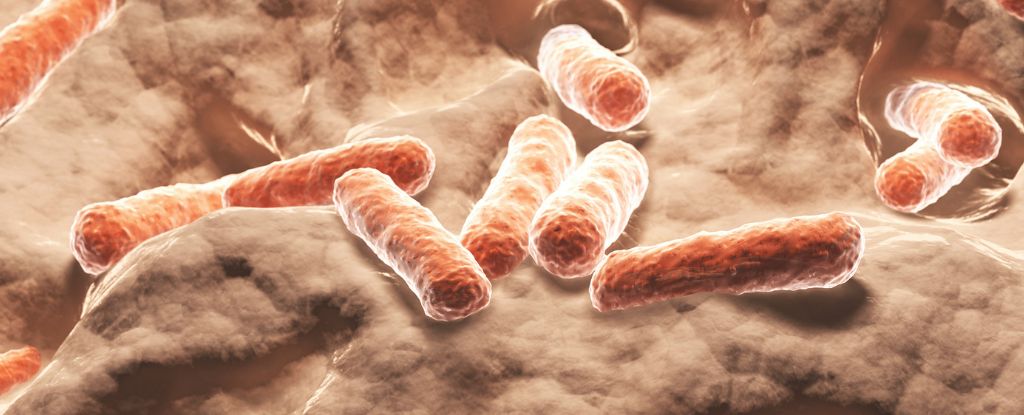
Researchers have identified a potential natural method to regulate blood sugar levels and reduce sugar cravings, similar to the effects of diabetes medications like Ozempic. A team at Jiangnan University in China discovered that a specific gut microbe and its metabolites play a vital role in this process. The findings, published in Nature Microbiology in January 2025, could pave the way for new approaches in diabetes management.
The study focuses on the gut microbe Bacteroides vulgatus, which, when increased in abundance in diabetic mice, enhances the secretion of glucagon-like peptide-1 (GLP-1). This hormone is essential for regulating blood sugar and signaling feelings of fullness. Typically, individuals with type 2 diabetes experience impaired GLP-1 function, making it difficult to manage blood sugar levels effectively. Current treatments, including those containing semaglutide (the active ingredient in Ozempic), aim to mimic the natural functions of GLP-1.
The research team explained, “A growing body of research has revealed that our cravings for dietary components originate from signals sent from the gut, a key organ in transmitting dietary preferences.” However, they noted that the specific genes, gut flora, and metabolites involved in regulating sugar preference remain largely unknown.
In their experiments, the researchers found that the gut protein Ffar4 is crucial for maintaining colonies of B. vulgatus. Mice lacking this protein showed a decrease in FGF21 (fibroblast growth factor 21), a hormone associated with sugar cravings. Previous studies have indicated that GLP-1 agonists can stimulate FGF21 production, creating a feedback loop that enhances both blood sugar control and reduces cravings for sweets.
A blood analysis involving 60 participants with type 2 diabetes and 24 healthy controls revealed that mutations in the Ffar4 gene, which lead to decreased FGF21 production, correlate with a heightened preference for sugary foods. The authors concluded that this could be a significant factor contributing to the development of diabetes.
The implications of this research extend beyond mice. When the research team treated mice with a metabolite of B. vulgatus, they observed an increase in GLP-1 secretion, which subsequently elevated FGF21 levels. This combination resulted in improved blood sugar regulation and reduced sugar cravings among the test subjects. Although the direct effects on humans remain to be verified, the researchers assert that their findings offer a promising strategy for diabetes prevention.
As the global prevalence of type 2 diabetes continues to rise, understanding the role of gut microbiota in managing this condition could represent a significant advancement in treatment options. The exploration of natural alternatives to pharmacological interventions is crucial, especially for individuals seeking to manage their health without medication.
The study underscores the importance of gut health in regulating metabolic processes and opens avenues for future research into dietary and microbial interventions for diabetes management.







